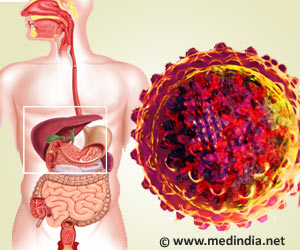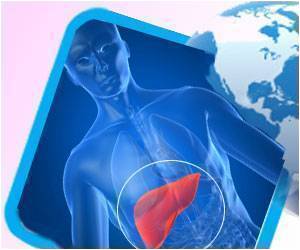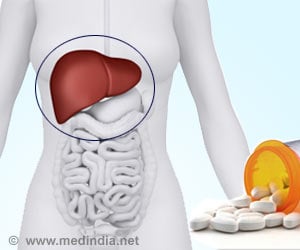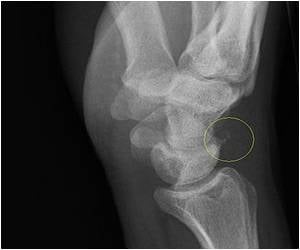Researchers from Taiwan reveal that antiviral therapy for hepatitis C virus (HCV) improves kidney and cardiovascular outcomes for patients with diabetes.

"There is growing evidence of an association between diabetes and HCV," explains lead author, Chun-Ying Wu, MD, PhD, MPH from Taichung Veterans General Hospital in Taiwan. "Our study investigates if antiviral therapy used to treat HCV infection also improves diabetes outcomes."
For this population-based study researchers used data from the Taiwan National Health Insurance Research Database, which has collected healthcare details for all residents of the country since 1997. The team indentified 1, 411 patients with diabetes and HCV who were enrolled in the study, and received pegylated interferon plus ribavirin. There were also 1,411 individuals in the untreated group and 5,644 patients with diabetes and without HCV in the uninfected cohort. Follow-up for all participants was from 2003 to 2011.
Findings indicate that the 8-year cumulative incidences of end-stage renal disease in the treated, untreated and uninfected groups were 1.1%, 9.3%, and 3.3%, respectively. Further analysis found stroke incidence was 3.1% for treated patients, 5.3% for untreated and 6.1 for uninfected subjects. Acute coronary syndrome—an umbrella term the American Heart Association uses to define diseases, such as heart attack or angina, where blood to the heart is blocked—occurred in 4.1%, 6.6% and 7.4% of treated, untreated and uninfected patients.
"Our findings suggest that HCV may cause clinical complications related to diabetes. But these issues are mitigated by HCV antiviral therapy, specifically pegylated interferon plus ribavirin, which was found to reduce risks of kidney disease, stroke and cardiovascular diseases in diabetic patients," concludes Dr. Wu. The authors recommend further examination of the underlying relationship between HCV and diabetes.
Advertisement















